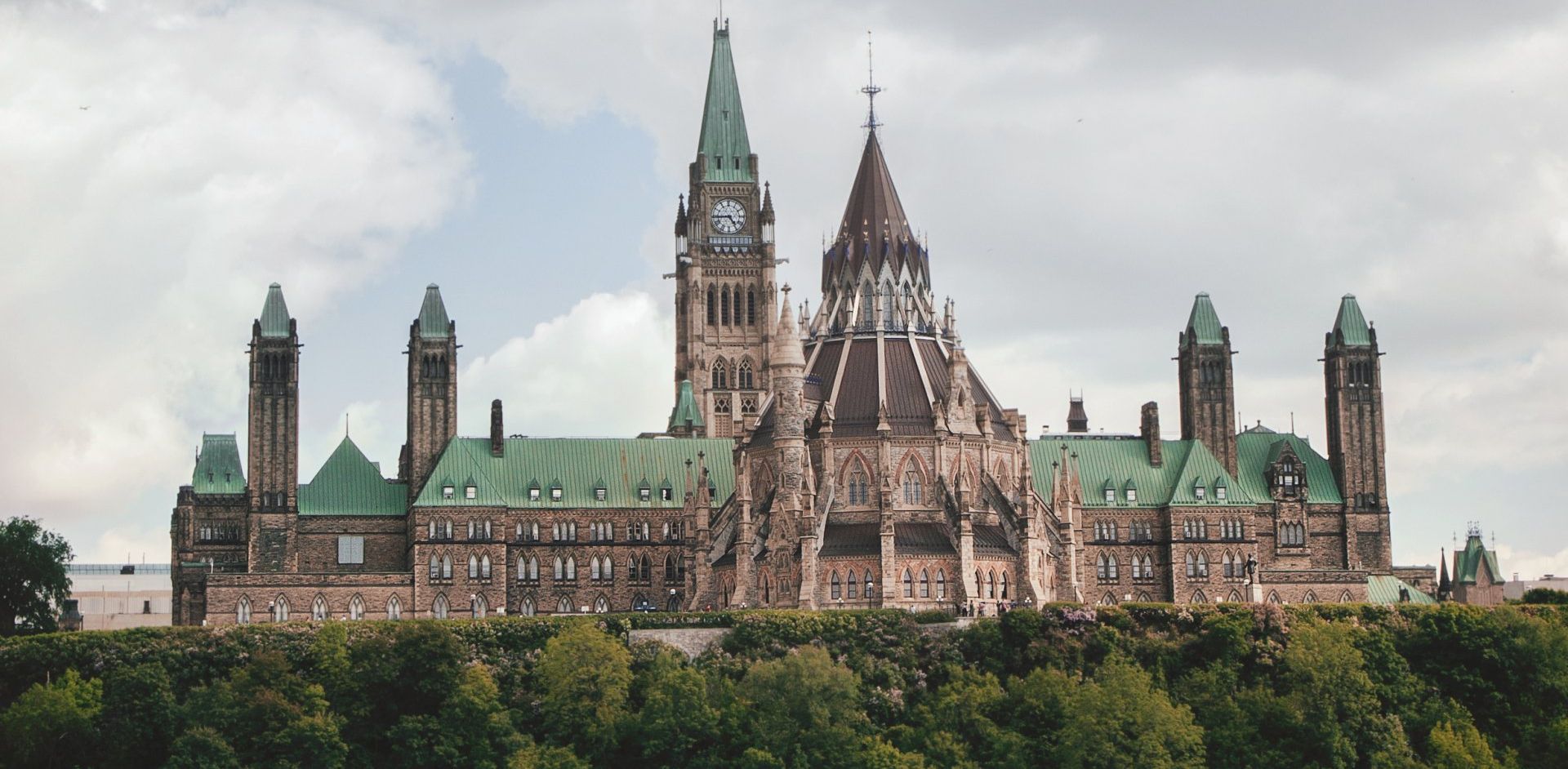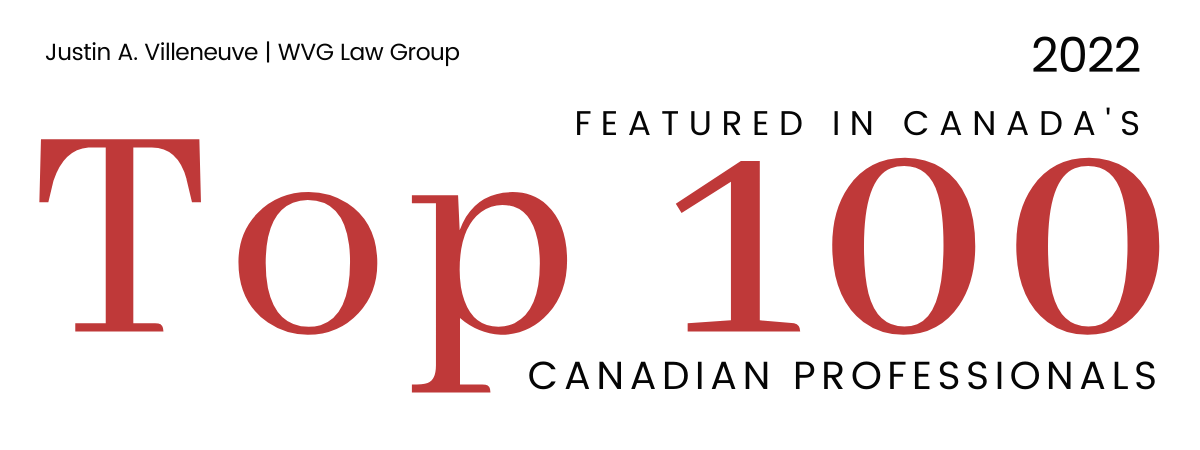Let's talk about your case
You can schedule a call with one of our lawyers anytime. Call today and get the help you need.
Or fill out our online form, and we will respond within 24 hrs.
Unveiling the Reality of CSIS Sexual Assault
CSIS Sexual Assault: Unveiling the Reality
Sexual assault is a pressing issue in society, and its prevalence in various sectors, such as government agencies and the Canadian Forces, is a cause for concern. In recent years, the Canadian Security Intelligence Service (CSIS) has faced allegations of sexual assault within its ranks, shining a light on the need for accountability and whistleblower protection in the public sector. Whistleblowers, who are often the key to unearthing the truth, play a crucial role in bringing misconduct to light and ensuring transparency and integrity in organizations. In this blog, we will delve into the CSIS sexual assault allegations, the role of whistleblowers in uncovering the truth, Canada's stand on whistleblower provisions, the impact of current legislation on whistleblowers, and the need for proper whistleblower protection laws in the country.
Context: CSIS Sexual Assault Allegations
The recent sexual assault allegations within the CSIS have brought the issue of accountability and integrity in government agencies to the forefront of public discourse. Whistleblowers have come forward, shedding light on the extent of the problem and the need for action. These allegations highlight the urgency of addressing the issue of whistleblower protection in Canada to ensure the safety of employees, accountability in public sector organizations, and justice for the victims.
Key Takeaways
- The protection of whistleblowers is fundamental in upholding integrity and accountability in public sector organizations.
- Whistleblowers are crucial in uncovering misconduct, abuse of power, and criminal conduct, fostering a culture of transparency in organizations.
- Whistleblower protection laws are essential in maintaining the public interest, good governance, and the integrity of the disclosure process.
- Canada's handling of whistleblower protection significantly impacts the disclosure process, accountability, and the public interest.
- Whistleblowers are instrumental in uncovering gross mismanagement, criminal conduct, and other forms of wrongdoing, ensuring accountability in public sector organizations.
The Role of Whistleblowers in Unearthing the Truth
Whistleblowers are the unsung heroes in the fight against misconduct and abuse of power in organizations, including government employees. They act as guardians of integrity, revealing the truth behind organizational wrongdoing. Whistleblowers are the ones who gather the courage to disclose information, often at great personal risk, to bring accountability to light. Without whistleblowers, the public interest would be in jeopardy, and the mismanagement, criminal conduct, and corruption within organizations, such as government employees, would go unchecked.
Canada's Stand on Whistleblower Provisions
Canada's approach to whistleblower protection laws directly impacts the protection of public interest, the disclosure process, and the accountability of public sector organizations. Whistleblowers in Canada are crucial in safeguarding the public interest, promoting good governance, and ensuring transparency in government agencies. Canadian law includes some protection for whistleblowers at the federal and provincial level, but less than provided under some U.S. whistleblower laws. Canada's whistleblower protection laws, such as the Whistleblower Laws in the United States, are pivotal in fostering integrity, accountability, and the public trust in public sector organizations. It is important to examine Canada's whistleblower protection laws in the context of global standards and the protection of whistleblowers in other countries.
Comparative Analysis of Canada's Ranking Among Other Countries
Canada's ranking among other countries in whistleblower protection is reflective of its legal framework and the extent of protection afforded to whistleblowers. A comparative analysis of Canada's whistleblower protection laws offers insights into global standards and the measures taken by other countries to protect whistleblowers. Canada’s whistleblower protection laws are benchmarked against international best practices, ensuring that the protection of whistleblowers is in line with global whistleblower protection standards.
A survey conducted by the Government Accountability Project and the International Bar Association examined whistleblowing frameworks in 37 countries that have implemented such laws. The purpose of the survey was to assess the effectiveness of these frameworks.
The results revealed a particularly unfavorable situation in Canada, which ranked alongside Lebanon and Norway as having the weakest whistleblower protection laws in the world. Canada's Public Servants Disclosure Protection Act only met one out of the twenty criteria. On the other hand, the United States, Australia, and the European Union's Whistleblower Protection Directive had the highest ratings, fulfilling sixteen out of twenty criteria. Other countries that performed well included Serbia and Ireland, both meeting fifteen out of twenty criteria, as well as Namibia with fourteen.

The Impact of Current Legislation on Whistleblowers
The impact of current whistleblower protection laws in Canada on whistleblowers is of utmost importance. Whistleblowers are the individuals who are in the best position to report misconduct, criminal conduct, and abuse of power, but the effectiveness of their disclosure process is dependent on the extent of protection they are afforded. Whistleblowers must trust the legal framework in place to protect them from reprisal, ensure their identity remains protected, and reward them in good faith for the information they provide. The effectiveness of Canada’s whistleblower protection laws directly influences the disclosure process, the accountability of public sector organizations, and the integrity of the public service.
Additionally, it is crucial to note that the Ontario Securities Commission whistleblower program has robust whistleblower protections and follows strict confidentiality laws to ensure that the whistleblower’s identity is never revealed. This confidentiality extends across agencies, and the OSC will not share any information with another regulator or law enforcement without the whistleblower’s explicit consent. In order to qualify for protection under the Ontario Securities Commission Whistleblower Law, whistleblowers must provide voluntarily and original information through an OSC whistleblower report to the Office of the Whistleblower. Original information means information that is not already known to the OSC and is obtained through independent knowledge and/or analysis. The Ontario Securities Commission Whistleblower Law specifically addresses illegal insider trading, among other violations of Ontario securities law. It is important for whistleblowers to provide timely and credible facts, ensuring that their information contains sufficient information to meet the criteria for protection under the law.
Why Are the Current Laws Insufficient?
The insufficiency of Canada’s whistleblower protection laws can have far-reaching consequences for free expression and accountability. Inadequate protection for whistleblowers may result in underreporting of misconduct, criminal conduct, and other forms of wrongdoing, as whistleblowers may fear reprisal or lack faith in the disclosure process. The shortcomings of Canada’s whistleblower protection laws can hinder the disclosure of crucial information, compromising the integrity of the disclosure process itself. Whistleblowers are the crucial link in the accountability chain, and if the laws are insufficient, the public interest is at stake, and accountability in public sector organizations may be compromised, including cases of tax evasion. After military medical personnel were called to intervene in Ontario and Québec, a whistleblower leaked an internal report describing a nightmare of neglect. A doctor who also spoke up about the Ontario government’s vacillating response faced a swift reprisal. Canadian whistleblower advocate David Hutton, the senior fellow at Centre for Free Expression, says only public demand will lead to stronger whistleblower protections.
The Consequences of Not Incentivizing Whistleblowers
Not incentivizing whistleblowers can have severe consequences in the disclosure of information, accountability, and the integrity of public sector organizations. Without proper incentives, whistleblowers may hesitate to report misconduct, criminal conduct, and other forms of wrongdoing, leading to the underreporting of crucial information. The absence of incentives can impede the disclosure process, putting a barrier in the way of whistleblowers who are the key to uncovering organizational misconduct. Whistleblower incentives, such as the whistleblower reward, are pivotal in fostering transparency, integrity, good governance, and accountability in public sector organizations.
Case Study: Widespread Cases in Public Sector
The prevalence of widespread cases of misconduct in both the public sector and the private sector highlights the significance of whistleblower protection laws in Canada. Whistleblowers are crucial in addressing and uncovering the extent of the problem, as they are the ones who have the information and the courage to come forward. The challenges faced by both sectors in addressing misconduct underscore the importance of effective whistleblower protection laws, which are instrumental in accountability, integrity, and the public interest. Whistleblowers are also protected by other laws, such as the Criminal Code, that make it an offence for an employer to take disciplinary measures, or to threaten to do so, because the employee has provided or will provide information to someone who enforces federal law.
How Can Proper Whistleblower Legislation Prevent This?
Proper whistleblower legislation in Canada is essential in preventing and addressing public sector misconduct effectively. Effective whistleblower legislation is instrumental in preventing whistleblower reprisal in the public sector, ensuring the protection of whistleblowers who come forward in good faith. Whistleblower protection laws are pivotal in preventing and addressing misconduct in the public sector, fostering accountability, integrity, and good governance in public sector organizations. The implementation of robust whistleblower legislation can mitigate the prevalence of public sector misconduct, ensuring the public interest is protected and accountability is upheld.
Whistleblowers in Canada | Is Legislation the Step Forward?
Public Servants in Canada seek protection under the Public Servants Disclosure Protection Act, which was inadequate in international studies. It extends whistleblower protection to the federal public sector only. It's goal is to encourage whistleblowers to report any wrongdoing in good faith, protecting them from reprisal in the public service. Whistleblowers are given the legal protection to disclose information to the Office of the Public Sector Integrity Commissioner, ensuring accountability, integrity, and the protection of the public interest in government agencies. In Canada, The Office of the Public Sector Integrity Commissioner of Canada is one of the Independent Oversight Offices created as part of the Canadian Federal Accountability Act.
Alternatively, whistleblowers can seek assistance from a whistleblower attorney who can help them anonymously file a formal complaint with the PSIC, the first step in reporting misconduct or reprisal. Additionally, the Treasury Board and every Chief Executive must establish a code of conduct applicable to the public sector and the portion of the public sector for which they are responsible, respectively.
Conclusion
In conclusion, the CSIS sexual assault allegations shed light on the urgent need for proper whistleblower legislation in Canada. Whistleblowers play a crucial role in unearthing the truth and holding institutions accountable for their actions. Unfortunately, the current laws in Canada fall short of protecting and incentivizing whistleblowers. This has serious consequences, as evidenced by the widespread cases of misconduct in the public sector. It is imperative that the government takes steps to enact stronger whistleblower provisions to prevent such incidents from happening in the future. Whistleblower legislation is not just a step forward; it is a necessary measure to ensure transparency, accountability, and justice in our society.
Resources:
- https://www.cbc.ca/news/canada/british-columbia/ei-whistleblower-suspended-without-pay-1.1407761
- https://www.cbc.ca/news/politics/whistleblower-trump-canada-laws-1.5360774
- https://www.osc.ca/en/enforcement/osc-whistleblower-program/submit-whistleblower-report/submission-guide
- https://www.osc.ca/en/news-events/news/osc-whistleblower-program-contributing-stronger-culture-compliance
- https://www.osc.ca/en/news-events/news/osc-awards-over-half-million-three-whistleblowers
- https://www.psic-ispc.gc.ca/en/resources/corporate-publications/2021-22/annual-report#section05
Let's talk about your case
You can schedule a call with one of our lawyers anytime. Call today and get the help you need.
Or fill out our online form, and we will respond within 24 hrs.
Thank you for contacting us.
We will get back to you as soon as possible. You can also book using this link: Personal Injury Booking Page
Please try again later
Related Blog Posts
Practice Areas
QUICK LINKS
CONTACT US
Tel: (613) 505- 5025
Fax: (613) 234-5852
info@wvgblaw.com
200-2571 Carling Avenue
Ottawa, Ontario
K2B 7H7
SERVICES
RECENT BLOG POSTS














